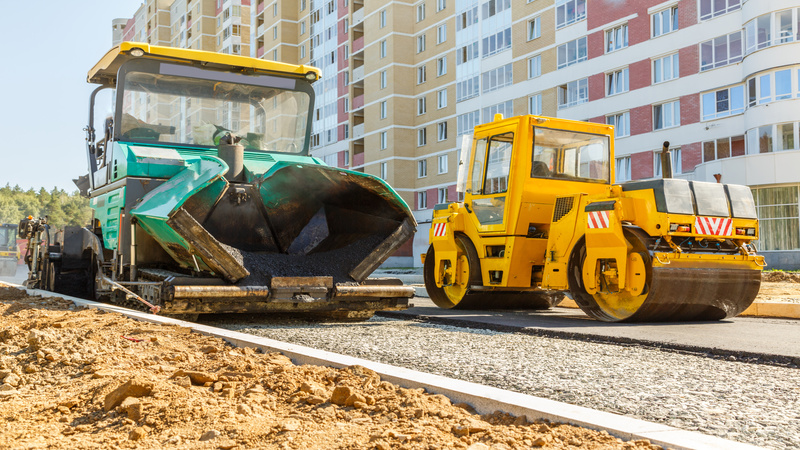Not everyone understands the difference between asphalt, concrete, and cement. While all three are used interchangeable in some applications, there is a considerable difference in the functionality, price and durability.
- Asphalt is a black and sticky tar-like substance found in crude petroleum. It is distilled from crude oil and then processed. Asphalt is often used for parking lots, school playgrounds, walkways, and roads. Asphalt is black and is sometimes mistaken for tar. Working with asphalt requires compressing it so it adheres to the surface.
- Concrete is made from pieces of stone, gravel, sand and cement mixed with water. Often, it is poured into molds for making sinks and countertops in addition to exterior applications.
- Cement, which is used in making concrete, is a chalky substance mixed with calcined lime and clay and mixed with water. It can be mixed with sand or gravel as well as an ingredient to make concrete.
Uses and Costs
Asphalt is used in many driveways as well as roofing projects. The experts agree that while asphalt needs more maintenance due to pitting, concrete often cracks over time from extreme weather conditions and gets damaged from some de-icing products. An asphalt installation should always have a slight slope so rain will drain. It is important not to let water sit on the surface. Many clients prefer the aesthetics of concrete and prefer it because it lasts longer. However, asphalt is less expensive to install. It pays to check with experts, such as Teague’s Asphalt, on the many applications for asphalt. The main cost of asphalt and concrete is the labor in preparing the ground, yet asphalt costs less in the end. Industrial Asphalt Paving Houston TX professionals can advise clients of the choices and best applications for their project.
For most installations, Industrial Asphalt Paving Houston TX experts will consider two applications. Depending on whether the project is commercial or residential often determines whether the size of the gravel will be 1/2 inch or 3/4 inch. The larger gravel is stronger but has a rougher finish. Most roads or commercial lots use the coarser gravel while residences go for a smoother finish. The price for either size is the same as the applications requires a smooth bed.

